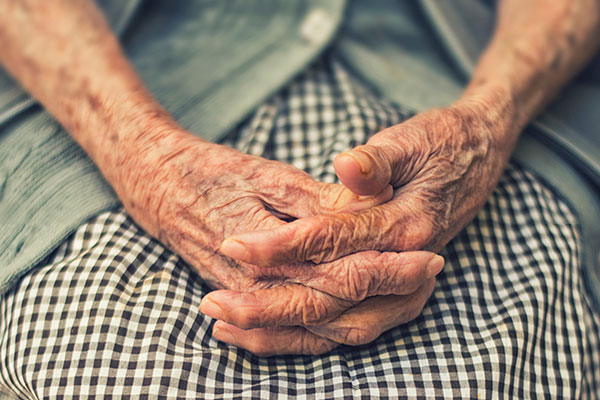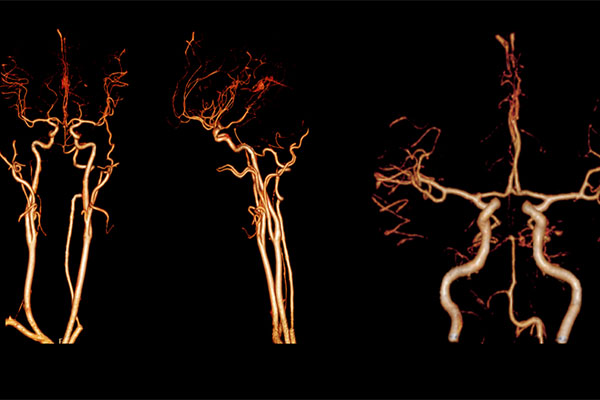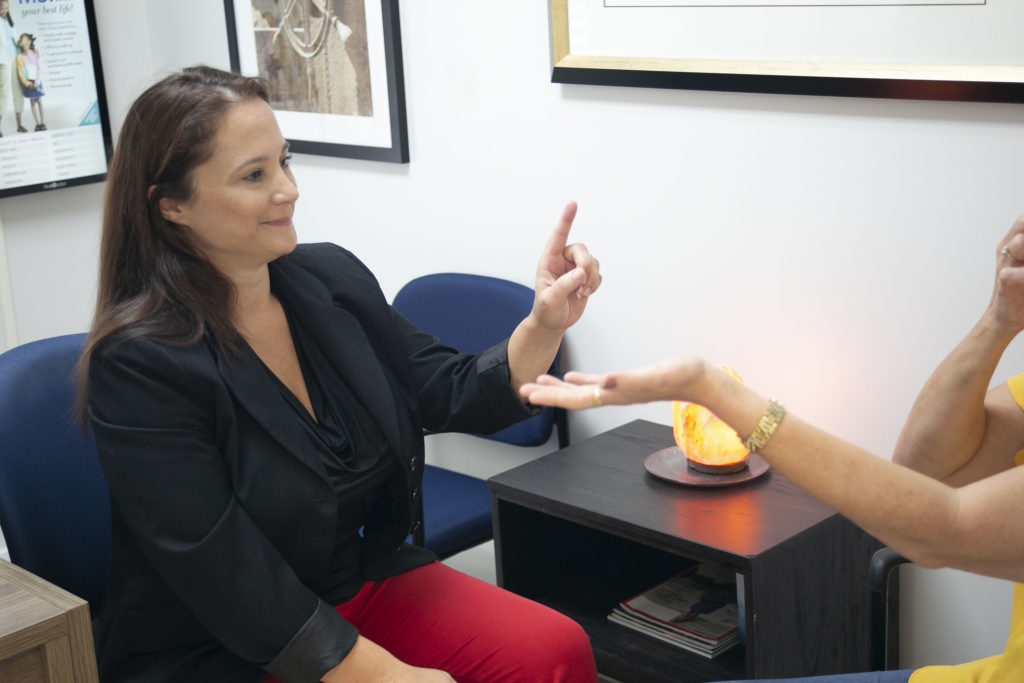From chronic headache management to Multiple Sclerosis, our staff are there for you to provide our personalized care and professional expertise.

Dr. Stuart J. Shafer and Stacy Smith, PA-C, are honored to practice Neurology in Indian River County since 1997. They believe that each individual patient is not just a number or a chart full of papers, but a part of our family.
We know all too well that choosing a medical provider is no trivial task. Therefore, we thank you for choosing Vero Beach Neurology and Research Institute for your Neurological needs and look forward to assisting you.
In October of 2016 Dr. Shafer started his solo practice Vero Beach Neurology and Research Institute (VBNRI). Along with the MS Center of Vero Beach, he founded in 2001, VBNRI cares for patients with a variety of neurological disorders. Some of these conditions are listed below.

An interesting fact, Dementia is not a specific disease. Instead, it is a term that describes a group of symptoms associated with a decline in memory and/or thinking skills that ultimately reduces a person’s ability to perform activities of daily living (ADLs). Dementia is found mostly in advanced stages of Alzheimer’s Disease. Dementia also occurs in post-stroke patients, referred to as Vascular Dementia. Thyroid problems and vitamin deficiencies can also cause symptoms of Dementia, some of which are reversible through proper treatment and management.
Cognitive disorders primarily affect abilities including learning, memory, perception, and problem solving. If diagnosed early, many of these disorders can be reversed. Unfortunately, most of these disorders are degenerative and are exacerbated by the aging process.

Epilepsy is the 4th most common neurological disease and affects people of all ages. Most, but not all cases of Epilepsy are characterized by a propensity of recurring seizures. Seizures are episodes of abnormal movements or behavior due to unusual electrical activity in the brain. Through proper treatment and monitoring, seizure activity can be reduced both in duration and frequency. Rarely, surgery is needed when medications are ineffective.

Roughly 12% of the U.S. population, almost 39,000,000 adults and children, suffer from Migraines. Migraines are painful and sometimes debilitating lasting several days or weeks. Symptoms can include pounding pain on one or both sides of the head, nausea, vomiting, and sensitivity to light and/or sound. Causation of migraines include both genetic and environmental factors. In addition, imbalances in brain chemicals (serotonin) and interactions between the brainstem and trigeminal nerve can cause Migraines.
Treatment for Migraines varies, ranging from simple over-the-counter (OTC) medications to Botox injections.

Multiple Sclerosis (MS) is a disease of the central nervous system that impedes the flow of information between the brain and body. Causes of MS are still unknown, but it is believed the disease is triggered by an unidentified environmental factor, such as a virus or toxin, in a person who is genetically predisposed. Symptoms of MS include numbness and tingling in the arms, leg and face, balance and/or issues with gait, vision issues including double, blurry, or vision loss. A diagnosis of MS is determined after rigorous testing including MRI’s, Evoked Potential testing, Lumbar Puncture, and additional blood testing.
While there is no current cure for Multiple Sclerosis, there are treatment options to reduce frequency of relapses, slow progression of the disease, manage symptoms, and improve quality of life.

Parkinson’s Disease
Parkinson’s Disease is a degenerative disorder within the central nervous system that mainly effects motor functions. Essentially, Parkinson’s prevents the nerve cells in the brain from producing the brain’s “feel good” chemical, Dopamine, in the part of the brain that controls movement. Early symptoms of Parkinson’s Disease include tremors, rigidity, and difficulty walking. Cognitive decline is common at later stages of progression. Dementia becomes common in advanced stages. Through proper treatment and management symptoms can be relieved, but there is currently no cure for Parkinson’s Disease.
Notably, actor Michael J. Fox was just 37 years old when he was diagnosed with Parkinson’s Disease.

Stroke
The word cerebrovascular can be broken up into two parts – “cerebro” which refers to the brain, and “vascular” which means arteries and/or veins. Combined, cerebrovascular refers to blood flow in the brain. A Stroke occurs when blood flow gets cut off from accessing certain parts of the brain. When this occurs, the brain cells are unable to get oxygen and begin to die. These dead cells are what cause post-stroke memory and muscle control loss. The effects of a Stroke largely depend on where the stroke occurs within the brain and how much damage is done to the brain cells. Some survivors of Strokes recover completely, while most are left with disability. There are 3 classifications for Strokes:
Per the CDC, Stroke and Cerebrovascular Diseases are present in 7.4 million Americans and ranks 5th for morality rates in the U.S.
